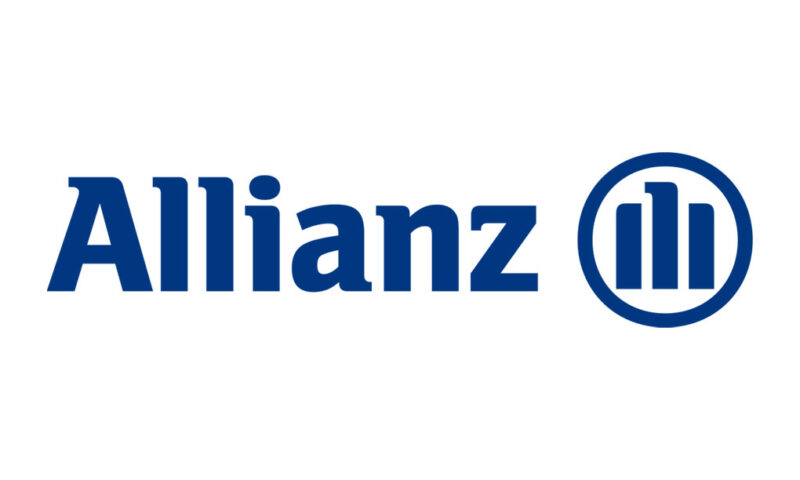NiMet epitomises commercialization of Meteorological data, capacity development
By Favour Nnabugwu
The Nigerian Meteorological Agency (NiMet),has epitomises the commercialization of meteorological data and staff capacity development,
In line with the vision of the Honourable Minister of Aviation, Festus Keyamo, SAN, for the aviation sector., NiMET led by the Director General and Chief Executive Officer, Prof. Charles Anosike determined to achieve the feat
The Minister had charged Aviation agencies to prioritize staff welfare including training etc, improvement in safety, increase in internally generated revenue amongst others.
It is along this line that the management organized a training and interactive session between officials of the agency and officials of Tomorrow.io, a Boston, Massachusetts, USA – based weather intelligence company.
The session was held on Thursday, 25th January, 2024, at NiMet headquarters in Abuja, one day after NiMet and Tomorrow.io had signed a memorandum of understanding to collaborate on a whole range of areas including commercializing weather data, improving accuracy of weather and climate forecasts, and application of artificial intelligence (Ai) in weather and climate intelligence.


